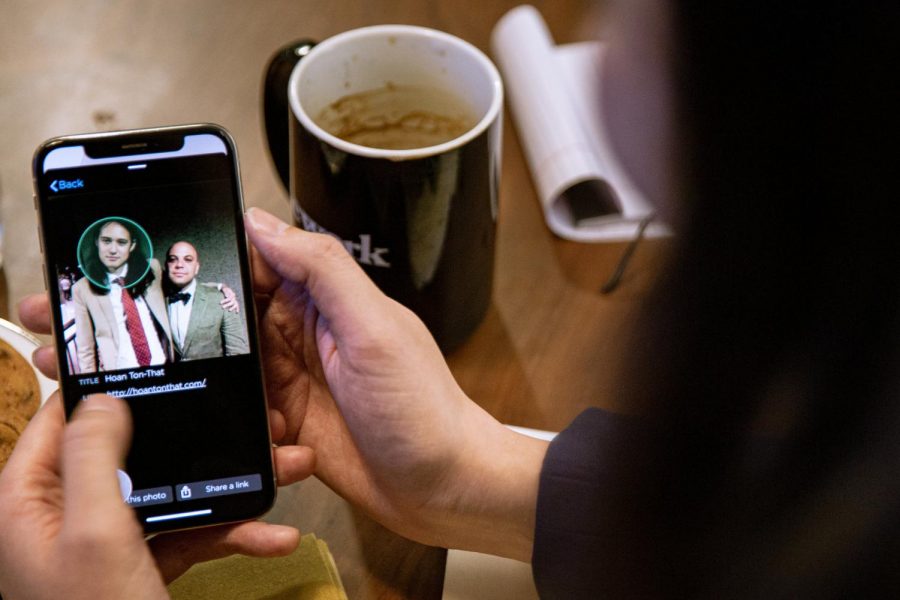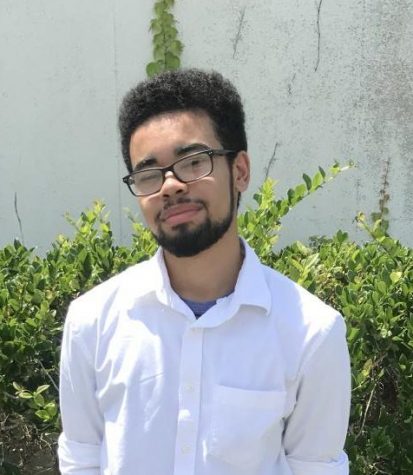Any Post You Make, Any Pic You Take, They Are Watching You
Amr Alfiky, The New York Times
The CEO of Clearview AI, Hoan Ton-That, testing his company’s facial recognition system on himself.
February 15, 2020
The company Clearview AI has been aiding law enforcement agencies throughout the country, including the F.B.I. and local agencies, with a new facial recognition program that scans photographs across social media sites and facets of the internet.
The system has acquired a database of nearly 3 billion photographs, accumulated from across the internet, including social media outlets such as Instagram, Twitter, Facebook and even YouTube. Odds are if you have had any online presence, your face is locked into the system and it is not limited to pictures you have posted, but any picture involving you. Clearview keeps these photographs, even if the originals are removed or deleted from the internet. In an interview with CNN, Hoan Ton-That -the company’s CEO- was tasked to pull photos of a CNN producer. The system pulled photos from all across the internet, including her private Instagram account. Ton-That then explained that the photos pulled were from her account before she had made her account private.
The program is not limited to the angle of the picture in its identification process, unlike the current methods of facial recognition available to law enforcement. The technology has come under fire, as the opposition to the system claim “It opens up the potential for our entire lives being scrutinized by the government for every reason or no reason at all,” According to Nathan Wessler, a staff attorney at the American Civil Liberties Union. The primary example used is if law enforcement sought to identify protesters at rallies and further track them afterward or if the technology malfunctions and misidentifies a person.
Florida law enforcement agencies have stated the technology’s potential outweighs concerns over privacy. There are 13 law enforcement agencies in Florida alone that have had a free trial of the service; 4 have signed a contract with the company, and another is in the process of creating a contract. These contracts can cost $50,000 for a two-year deal.
Despite the backlash over the company’s methods, Ton-That claimed that the technology is saving kids and solving crimes, as the program’s focus is on child molesters and criminals. He has also stated that more than 600 law enforcement agencies are using his product in the U.S. and Canada alone, though it would not be sold to the countries of Iran, China or Russia.
New Jersey has enacted a statewide ban on the technology while Twitter, Facebook and Google have sent cease-and-desist letters to the company. However, technology companies have no control over the data after it is downloaded from their platforms. This is despite Clearview AI’s violation of each application’s Terms of Service. Ton-That has stated that nothing his company has done is illegal, and that he is only taken information that was or is currently publicly available.
There are budding issues such as how despite the primary focus of the database being for law enforcement use, Ton-That has also given the application to companies that he refuses the name. There has also been a longstanding issue with facial recognition technology and people of color, as many cases involving people of color lead to misidentification. Then there is the fact that law enforcement is uploading photos to servers owned by a company that is not being monitored.


